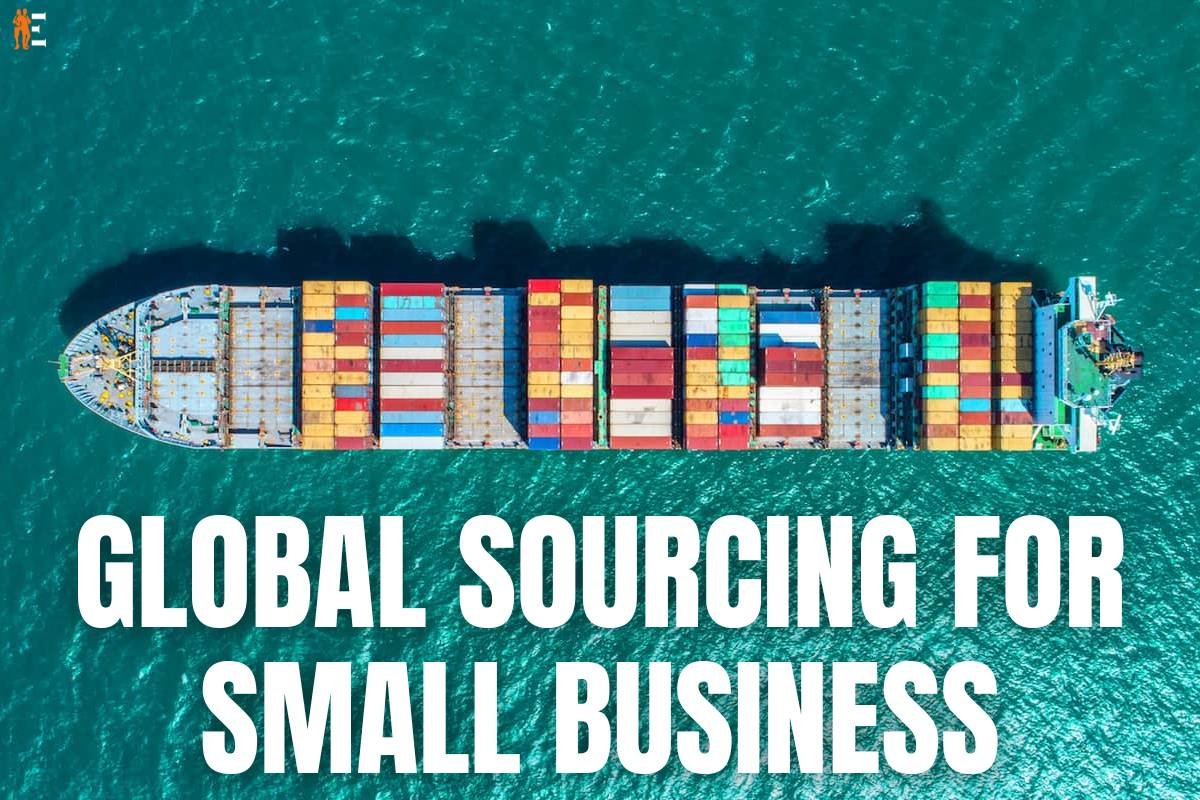The process of acquiring products or services from nations outside of a company’s native country is referred to as global sourcing for small businesses. Due to the fact that it has the ability to save costs, boost efficiency, and provide access to a wider variety of goods and services, it has become a widespread practice in the corporate world. Using one’s buying power to get access to lower inputs, expanding one’s supply chain, and entering new markets are all potential benefits that might accrue to smaller firms when they engage in global sourcing.
When it comes to global sourcing, however, small firms confront a variety of specific problems, including a lack of knowledge and restricted access to resources. In this article, we will cover several tactics that small companies may use to successfully participate in global sourcing. In addition, we will analyze the advantages of global sourcing for small businesses as well as the obstacles that come along with it.
Here are 3 things you need to know about global sourcing for small businesses:
1. Benefits of global sourcing for small businesses:

- Cost savings: One of the most significant benefits of global sourcing for small businesses is cost savings. Small firms may get access to cheaper inputs and lower their production costs by sourcing goods or services from low-cost nations. This will result in an increase in the profit margins of the small enterprises.
- Access to a broader range of products and services: Global sourcing for small businesses can also provide small businesses with access to a broader range of products and services that may not be available locally. This may assist small firms in increasing the variety of products they provide and better satisfying the requirements of their clientele.
- Increased efficiency: Global sourcing can also increase efficiency by allowing small businesses to focus on their core competencies while outsourcing non-core activities to countries where they can be performed more efficiently.
- Access to new markets: Global sourcing can also provide small businesses with access to new markets, particularly if they are sourcing inputs from countries where they also have customers. This has the potential to assist small enterprises in expanding their consumer base, which in turn may lead to an increase in income.
2. Challenges of global sourcing for small businesses:

- Restricted resources: Since small enterprises often have fewer resources, it might be challenging for them to participate in global sourcing for small businesses. It’s possible that they don’t have the resources, employees, or experience necessary to efficiently manage a global supply chain.
- Barriers of culture and language: Small firms who engage in global sourcing may also find overcoming cultural and linguistic hurdles to be one of the most difficult aspects of the process. They may have difficulty communicating effectively with their suppliers or navigating cultural differences, both of which may have an influence on the effectiveness of their relationships.
- Quality control: Another key problem for small enterprises that engage in global sourcing is maintaining quality control over their purchases. Companies may have a difficult time ensuring that the goods or services they provide are up to their standards, especially if they engage with suppliers that are located in countries that have different regulatory requirements.
- Supply chain disruptions: Small businesses engaging in global sourcing are also vulnerable to supply chain disruptions, such as delays in shipping or customs issues. These interruptions may result in higher expenditures, lost income, and a damaged reputation for the company.
3. Strategies for small businesses to effectively engage in global sourcing:
- Develop a global sourcing strategy: Small businesses should develop a clear strategy for engaging in global sourcing. This plan should develop a framework for managing the supply chain, identify possible suppliers, and explain the aims and objectives of the company.
- Do your due diligence: It is important for small companies to perform their due diligence on possible suppliers in order to guarantee that the suppliers are trustworthy and able to satisfy the requirements of the firm. This can include looking at their financial documents, contacting previous customers for references, and seeing their facilities.
- Communicate effectively: The ability to communicate well is essential to the success of any partnership involving global sourcing. It is important for small companies to ensure that they can successfully convey their requirements and requirements to their suppliers by establishing clear channels of contact with those vendors.
- Establish quality control processes: Small businesses should establish clear quality control processes to ensure that products or services meet their standards. This could include carrying out inspections, analyzing sample data, and determining quality measures.
- Build relationships: Building strong relationships with suppliers is critical to the success of a global sourcing relationship. The establishment of trust and rapport with one’s suppliers is an important first step in the construction of long-term business partnerships, which should be prioritized by small enterprises.
- Reduce the risk: In order to reduce the risks that are connected with global sourcing for small businesses, small firms should design and implement contingency plans. This may involve the development of backup suppliers, the investment in insurance or other risk management techniques, and maintaining awareness of legislative changes that may have an influence on the supply chain.
- Use technology: Using technology is another option for small firms looking to successfully manage their operations related to global sourcing. This may involve the use of online marketplaces to identify suppliers, the use of collaboration tools to connect with suppliers, and the use of data analytics to monitor the operation of the supply chain.

BOTTOM LINE
Small firms have the potential to reap major advantages from global sourcing for small businesses, including cost reductions, access to a wider choice of goods and services, greater efficiencies, and access to new markets. When it comes to participating in global sourcing, however, small firms confront a number of unique problems. These challenges include limited resources, cultural and language hurdles, difficulty with quality control, and interruptions to supply chain operations.
Small firms have the ability to successfully participate in global sourcing and realize the advantages it has to offer if they set a clear plan, do due diligence, effectively communicate, implement quality control methods, build connections, mitigate risk, and use technology. In the end, global sourcing has the potential to be a tremendous tool for small firms, allowing them to develop and compete in a market that is becoming more international.











